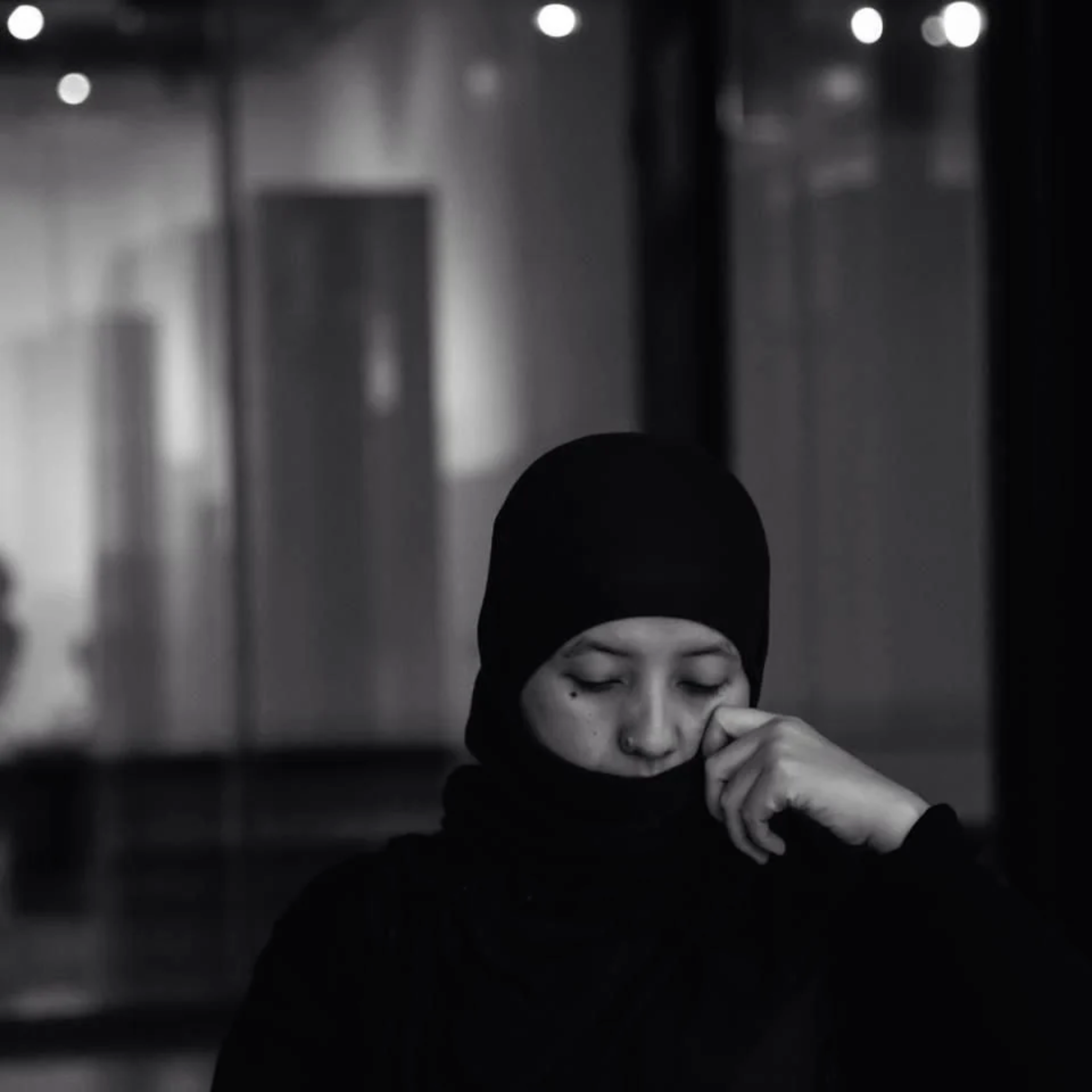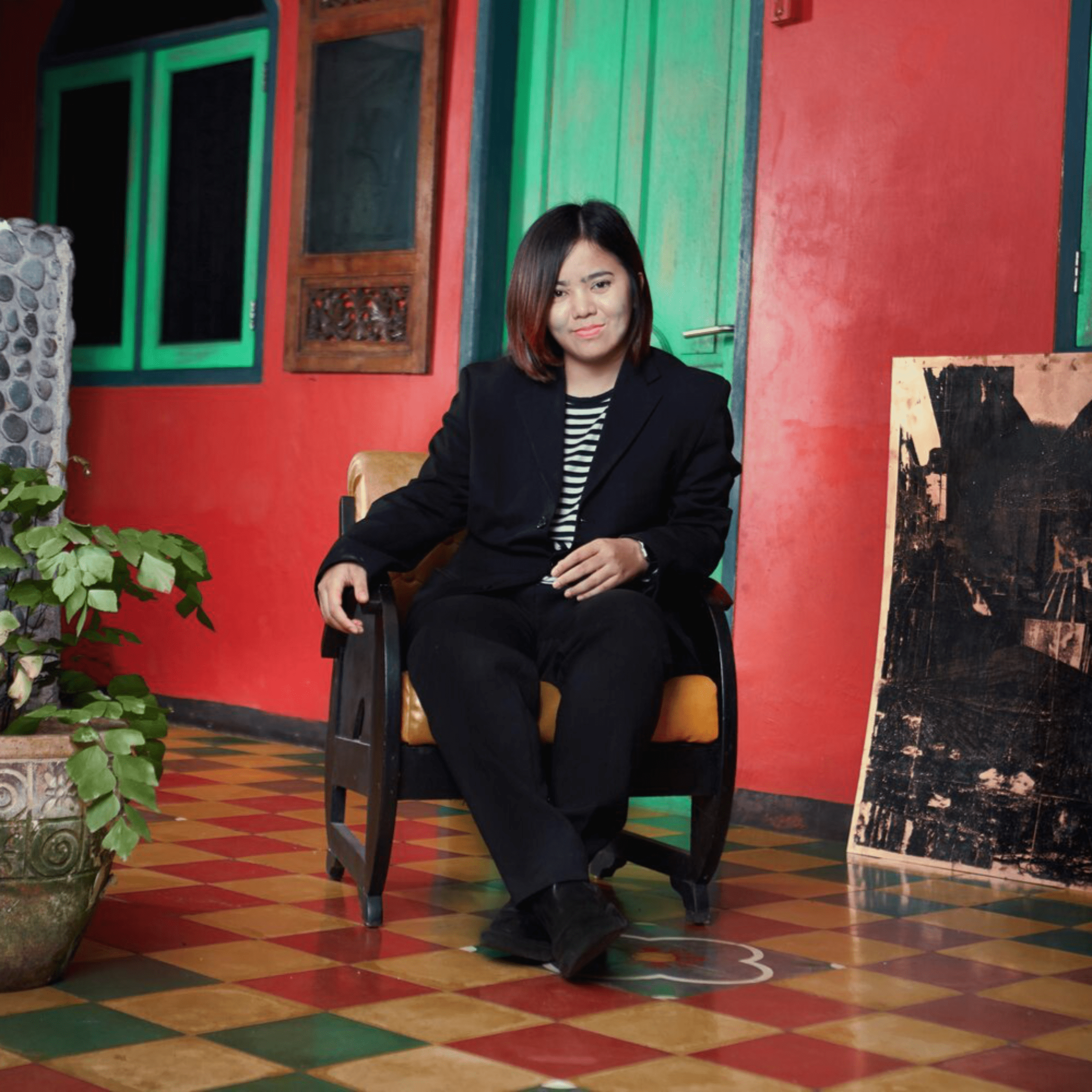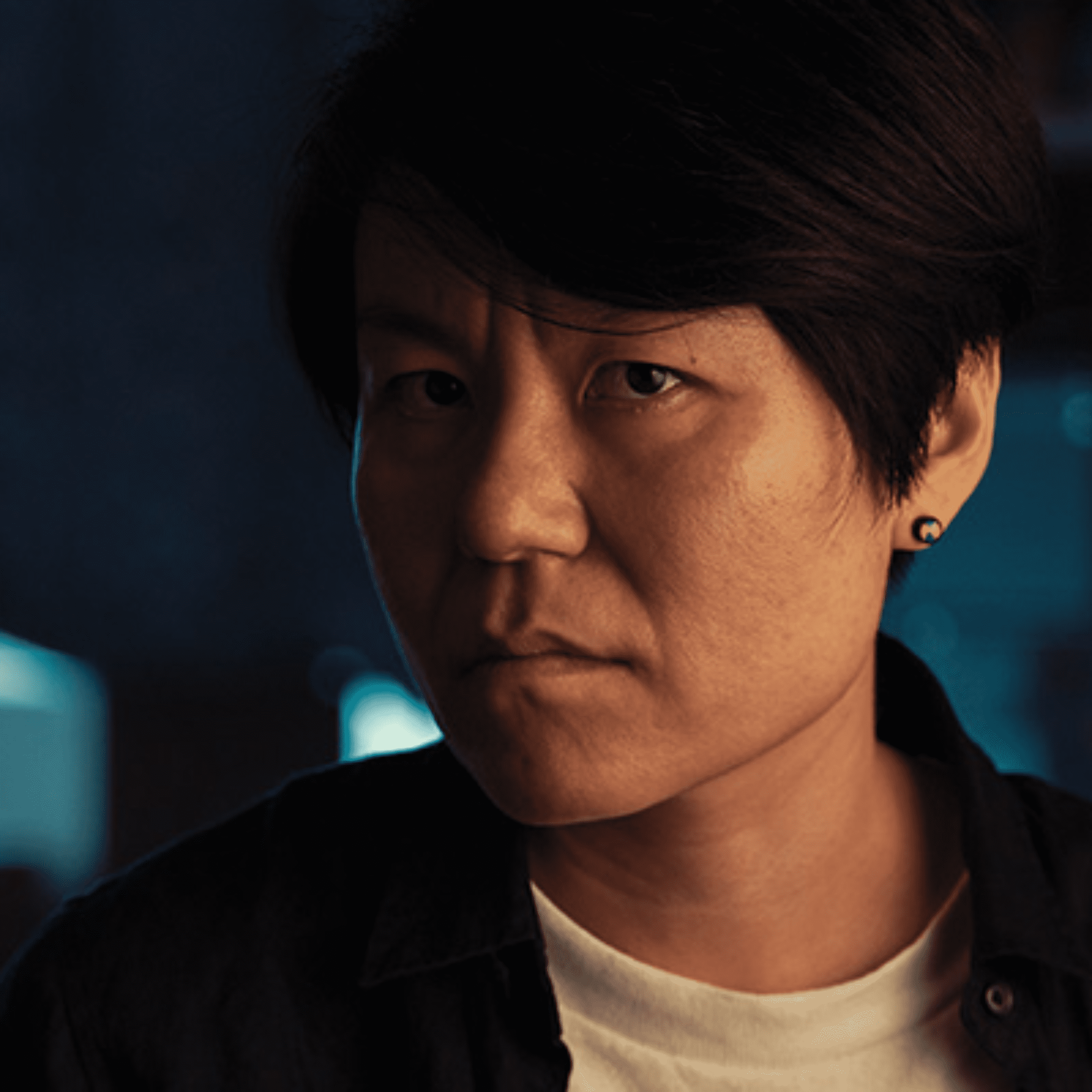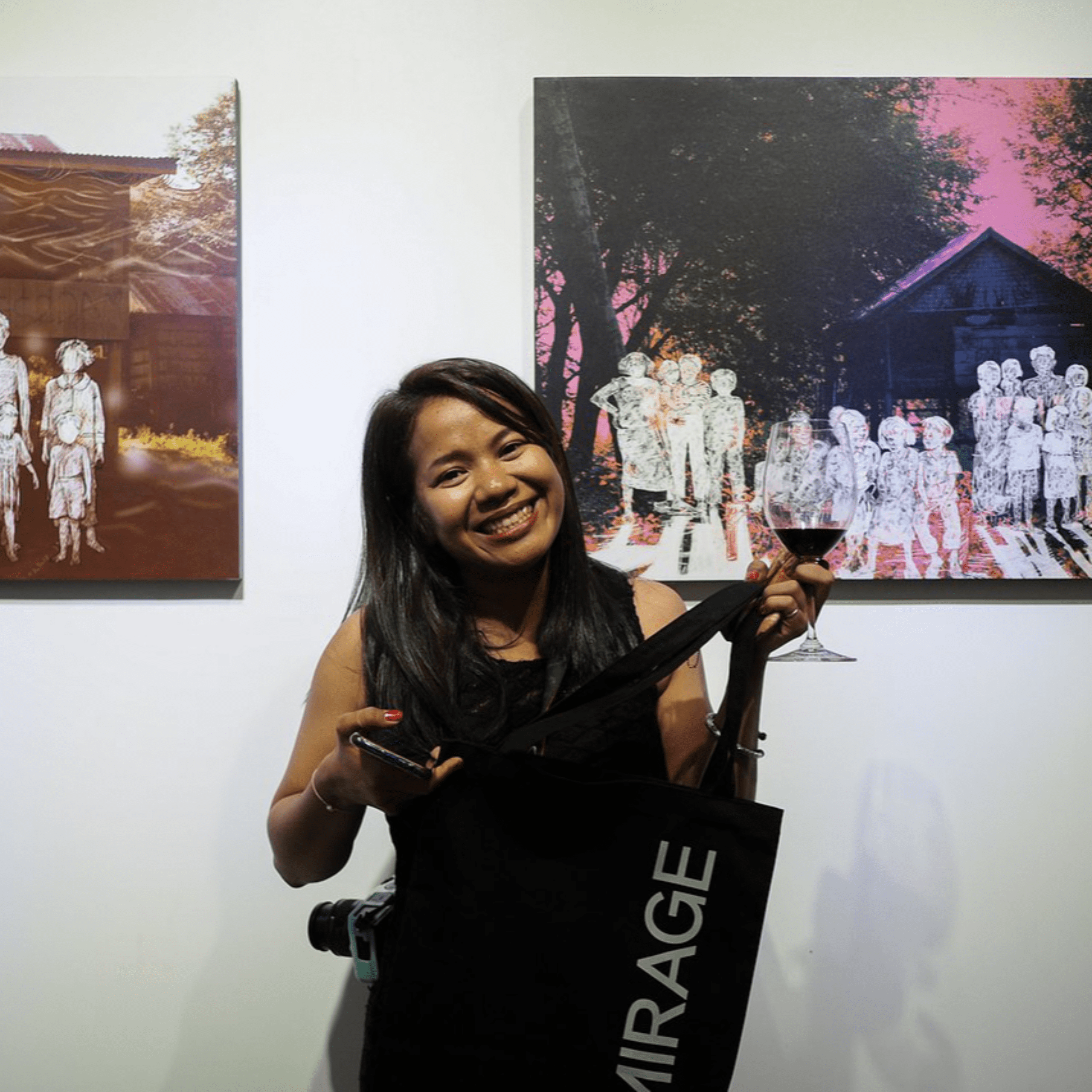
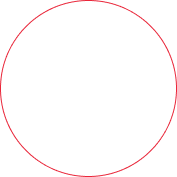
Hacking Domesticity
Jogjakarta, Indonesia 05.10.21 - 14.11.21
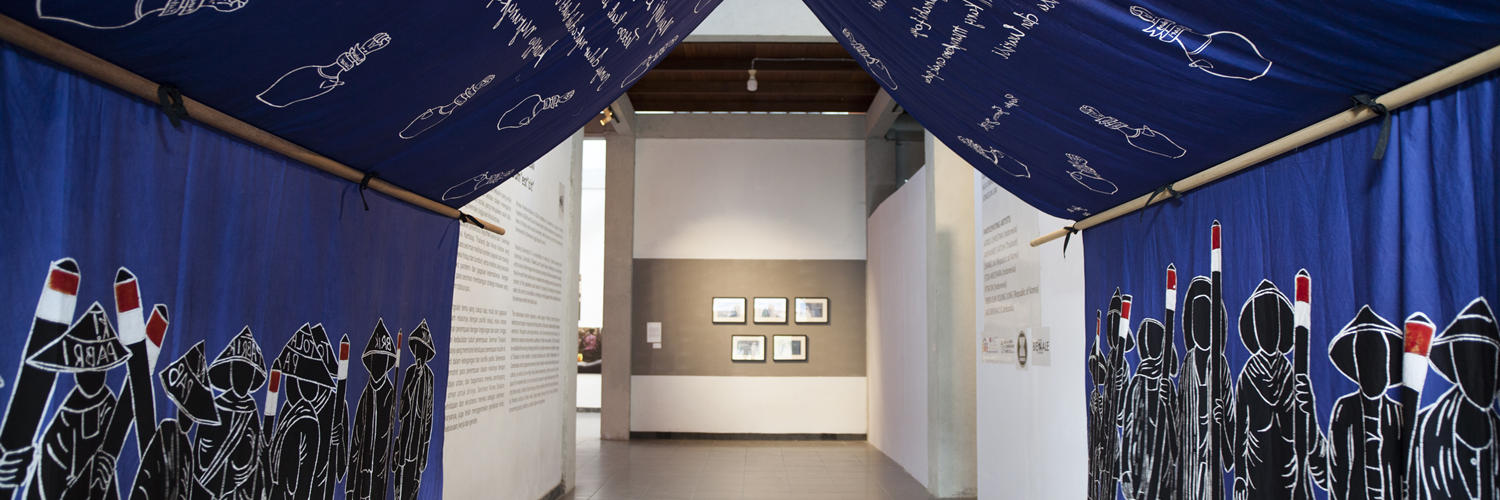
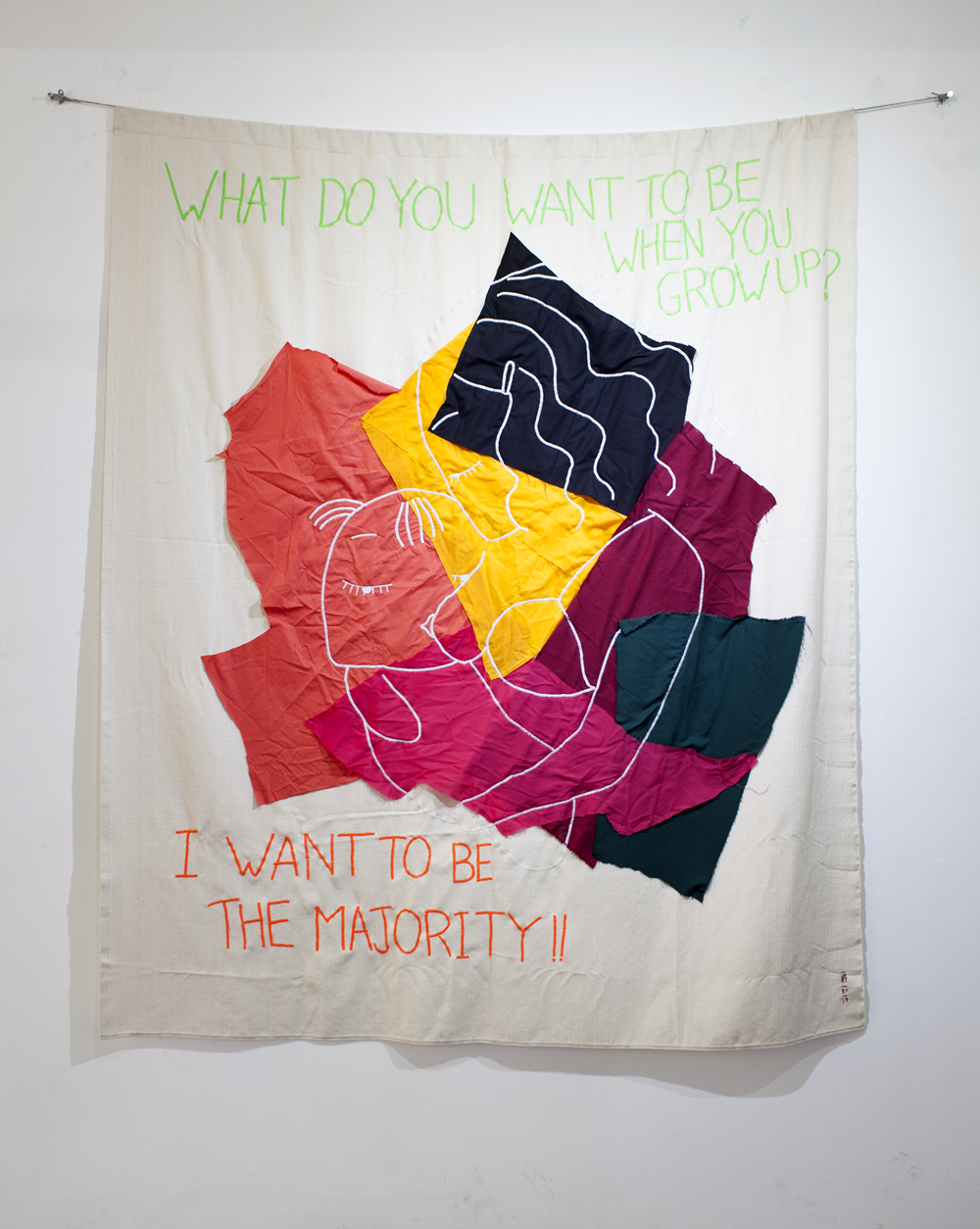
Hacking Domesticity
The Korean Pavilion-KONNECT ASEAN exhibition invited female artists from ASEAN nations and Korea to respond to ideas of non-canonical histories and social movement, one of the underlying frameworks for the Biennale Jogja Equator series. Through the encounter of the curators, both agreed on the urgency to bring together female artists from both regions in order to learn from each others' histories and experiences in different cultural contexts. How do cultural contexts, natural landscapes, faiths, and modernity influence womens' lives? How do shifts in social, political, and economic realms as well as postcolonial circumstances and war bring about major changes in the public role of women? How do women encounter new situations in response to ecologies, colonialism, technology, and so forth?
“Hacking Domesticity” is a presentation of works by seven artists from Indonesia, Cambodia, Thailand, and Korea, reflecting on how these artists look at their respective historical contexts and the environments in which they live and thrive, while also re-examining the Anthropocene discourse in the context of the pandemic and notions of survival. By hacking the domestic realm, the artists consolidate a strategy to resist the established and the dominant within the status quo. Domesticity does not only refer to the personal realm, but also the context of regional, city, country borders or geopolitical imaginations. The term “Hacking” also reflects the relationship between humans and technology, in its broader sense, including the critical position of human interaction with technology.
The Indonesian artists explored a wide range of themes, from the idea of identity and origins in response to the politics of location, the relationship between women’s thoughts and experiences and environment and nature, to domestic violence and women’s authority over their own bodies. The Thai artist re-exhibited her work portraying the life of moslem women in southern region of Thailand in the middle of political tension and conflict. Meanwhile, the Cambodian artist captured women in their relationship to urban landscapes and culture, as well as how they have been persevering in their pursuit of safe space for women amidst rapid development of the city. The Korean artists delved into issues ranging from the masculine body in Korean art history, to the social landscape repressing women’s bodies in general. Artists from Korea, as they manifest their life and existence as female artists in their work, have been honing their critical thinking concerning body, tradition, custom, labor and gender. This rattles the seemingly impenetrable barrier surrounding domesticity and expands it.
The exhibition aimed to bridge relationships between female artists and activists from both regions in an effort to learn from each others' lived experiences. Thereupon, they might initiate a collective production of knowledge on women’s life and experiences, particularly in the context of art. In addition to exhibition, monthly discussions were held to build dialogues on different issues of contemporary art practices by employing gender and feminist perspectives.
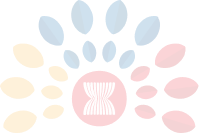
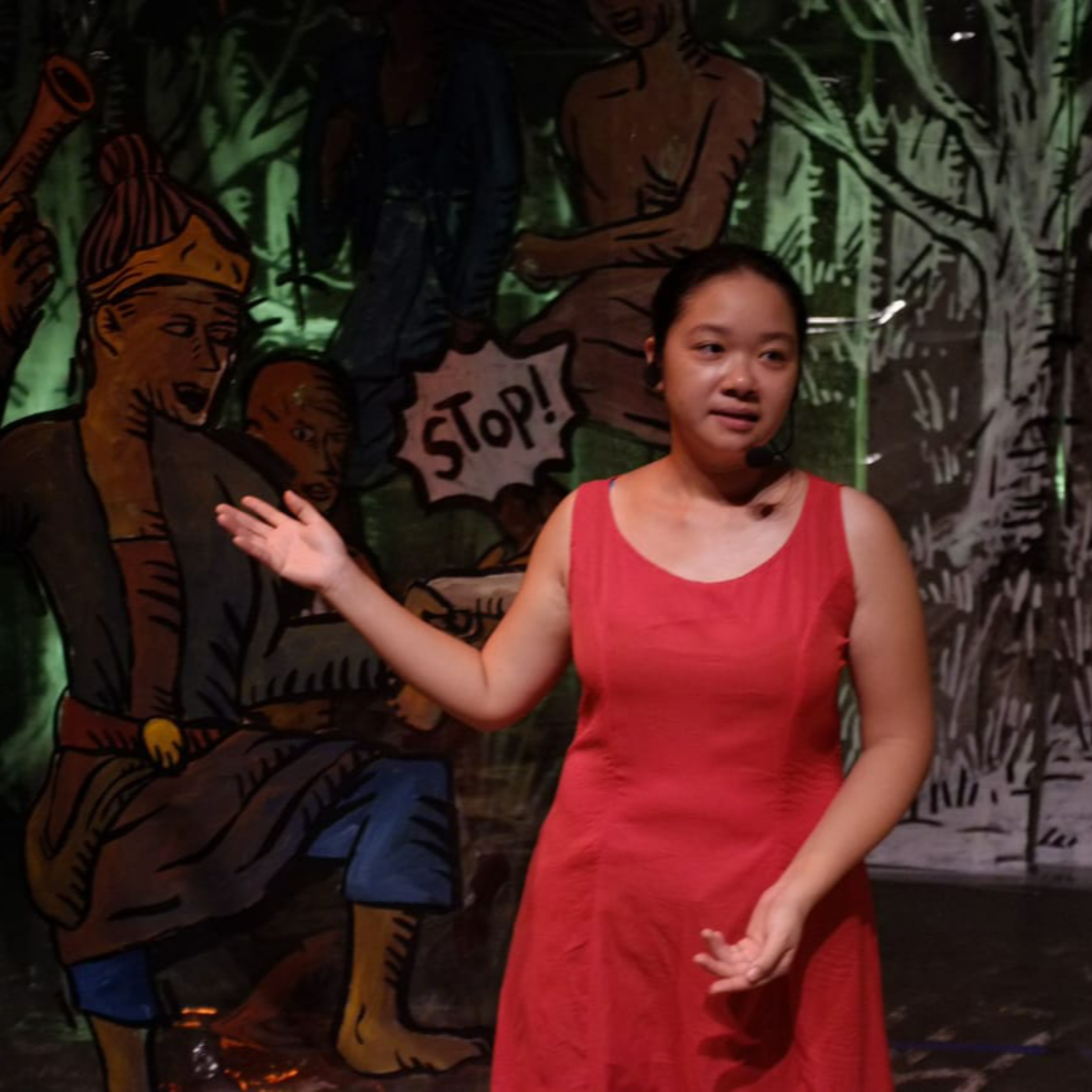
Featured Artist
Agnes Christina
Indonesia
Agnes Christina, is a theater director, scriptwriter, painter, visual artist, textile designer, and owner of Leafthief – a long list of talents! She first joined theater when she was in Junior College and she fell in love with it. Inspired by her friend who did leaf printing on paper and Agnes was inspired to explore new material – textile – and ended up making products (shirts, pants, outer, masks, etc.) with unique leaf and flower imprints.
Artist
There are 7 artists coming from Indonesia, Cambodia, Thailand, and South Korea, working in various aspects of historical contexts where they live and thrive during the pandemic and the notion of survival.

